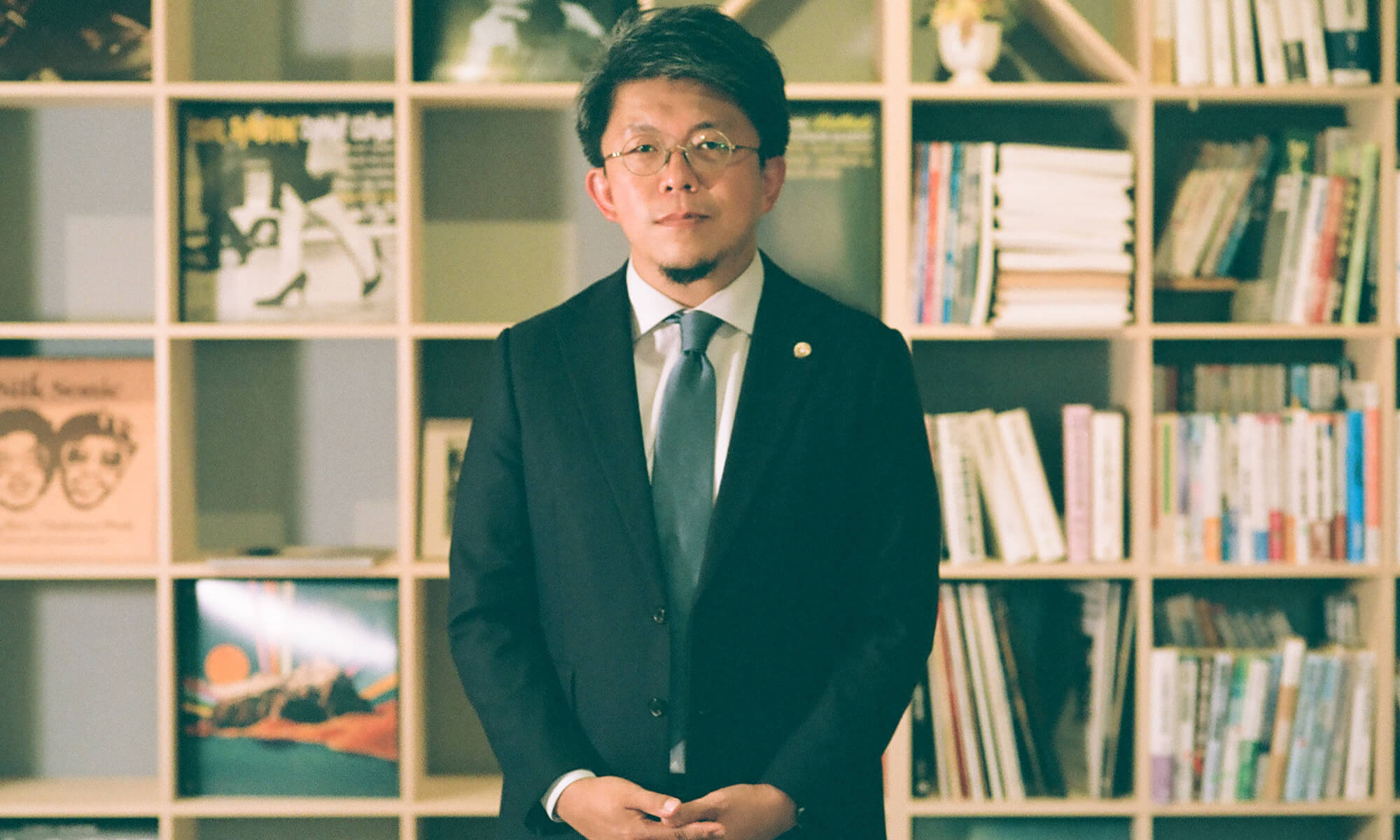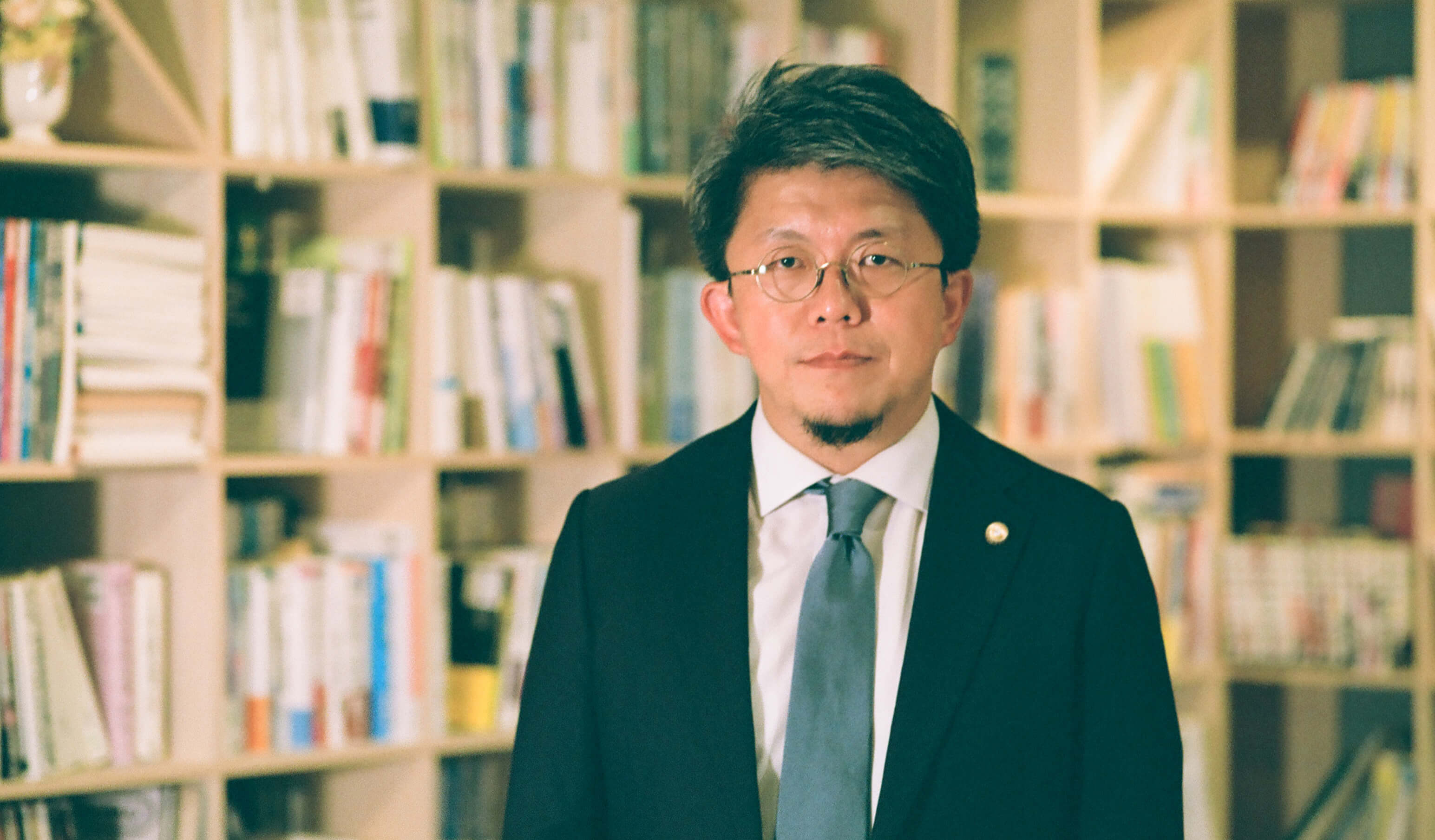
VOL.2
Mr. Seiho Cho
Lawyer
The conviction rate in Japan's criminal trials is estimated to be 99.9%, and it leads to many dramas. The accused are said to be almost all guilty, but some of them say that they didn't do it. It's a very difficult situation, but what's at stake here is imprisonment and punishment. Therefore, I don't like to say, ``Whether you win or lose, there's a meaning in doing it.'' I want to get results, such as getting acquitted without committing a crime, or somehow getting a suspended sentence even if the crime was committed. Otherwise, the requesting party will ask the lawyer for the results. So, I don't want to say, "I tried my best, but it didn't work."
As I have been doing this work for a long time, I feel every day that the image the public opinion has is wrong. Incidents are often discussed in the news from the perspective of society. However, on the other hand, what kind of scenery does it look like when you shift your perspective to the side of those who are suspected and criticized? I think that is also very relevant. In general, it's difficult to imagine that but there's another person there as well, and it's probably a completely different view.
TV series and movies commonly depict a narrative in which a lawyer solves a mystery and arrives at the truth, much like the term "the quest for the truth". From my point of view, I don't see it like that at all, and I don't know the truth. Of course, it exists but it won’t be known in court. In a trial, people look at various pieces of evidence to find out what happened, but I think it’s arrogant to get the truth like that. The basic mechanism of criminal trials is that the prosecution seeks to punish someone because of what happened, not by asking if it’s the truth, but by judging it. Ultimately, only that person knows the truth. Only he can recall what he did, and if he doesn't remember anything, then I don't know the truth. Therefore, I believe it's dangerous to think that other people could find it.
As I have been doing this work for a long time, I feel every day that the image the public opinion has is wrong. Incidents are often discussed in the news from the perspective of society. However, on the other hand, what kind of scenery does it look like when you shift your perspective to the side of those who are suspected and criticized? I think that is also very relevant. In general, it's difficult to imagine that but there's another person there as well, and it's probably a completely different view.
TV series and movies commonly depict a narrative in which a lawyer solves a mystery and arrives at the truth, much like the term "the quest for the truth". From my point of view, I don't see it like that at all, and I don't know the truth. Of course, it exists but it won’t be known in court. In a trial, people look at various pieces of evidence to find out what happened, but I think it’s arrogant to get the truth like that. The basic mechanism of criminal trials is that the prosecution seeks to punish someone because of what happened, not by asking if it’s the truth, but by judging it. Ultimately, only that person knows the truth. Only he can recall what he did, and if he doesn't remember anything, then I don't know the truth. Therefore, I believe it's dangerous to think that other people could find it.
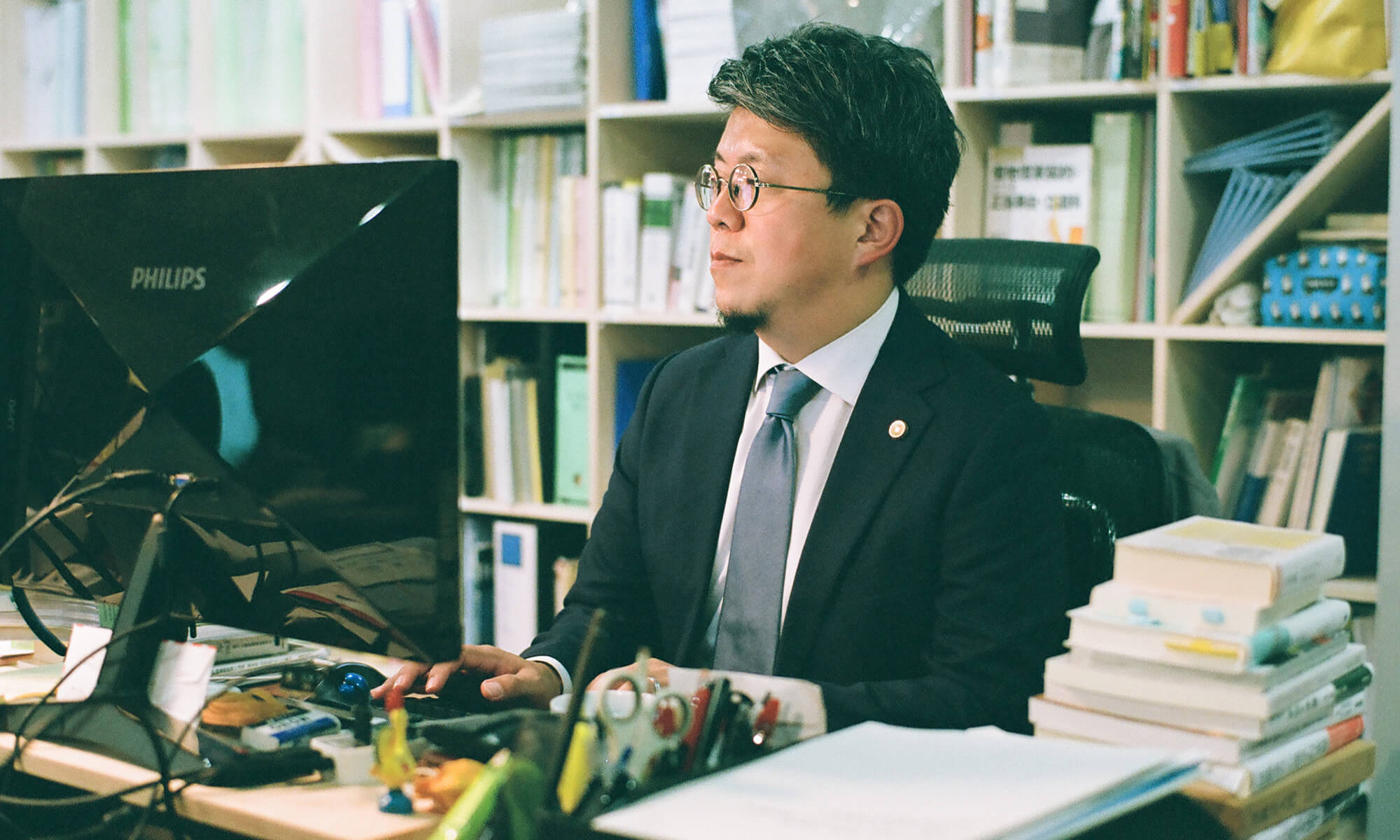
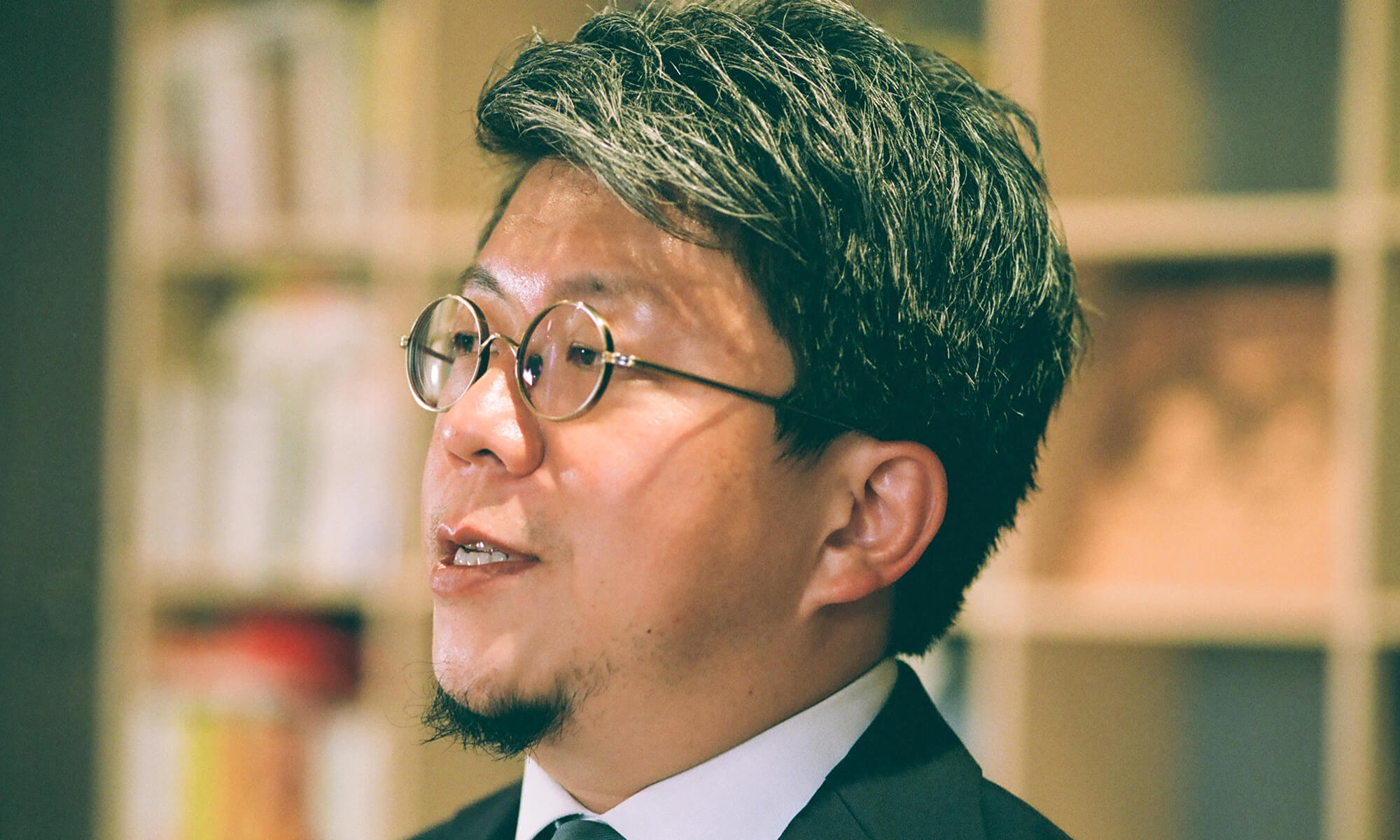
The word "see" has various meanings, such as seeing visible things but also looking at them. When it comes to court, regardless of whether it's a civil or criminal case, one side says something happened and the other side tells a different story, so it's a trial. As a result, when we engage in defense activities, we consider various pieces of evidence and create stories by presenting them to judges or lay judges. Every day I wonder if it’s persuasive enough. Now, returning to the main point, "seeing" also means looking at the evidence closely, but the most pertinent thing is to look at the case from the appropriate angle. Creating a story is very difficult, and it's something I worry about. You may not have that kind of image for lawyers, but I feel that I am focusing on that part.
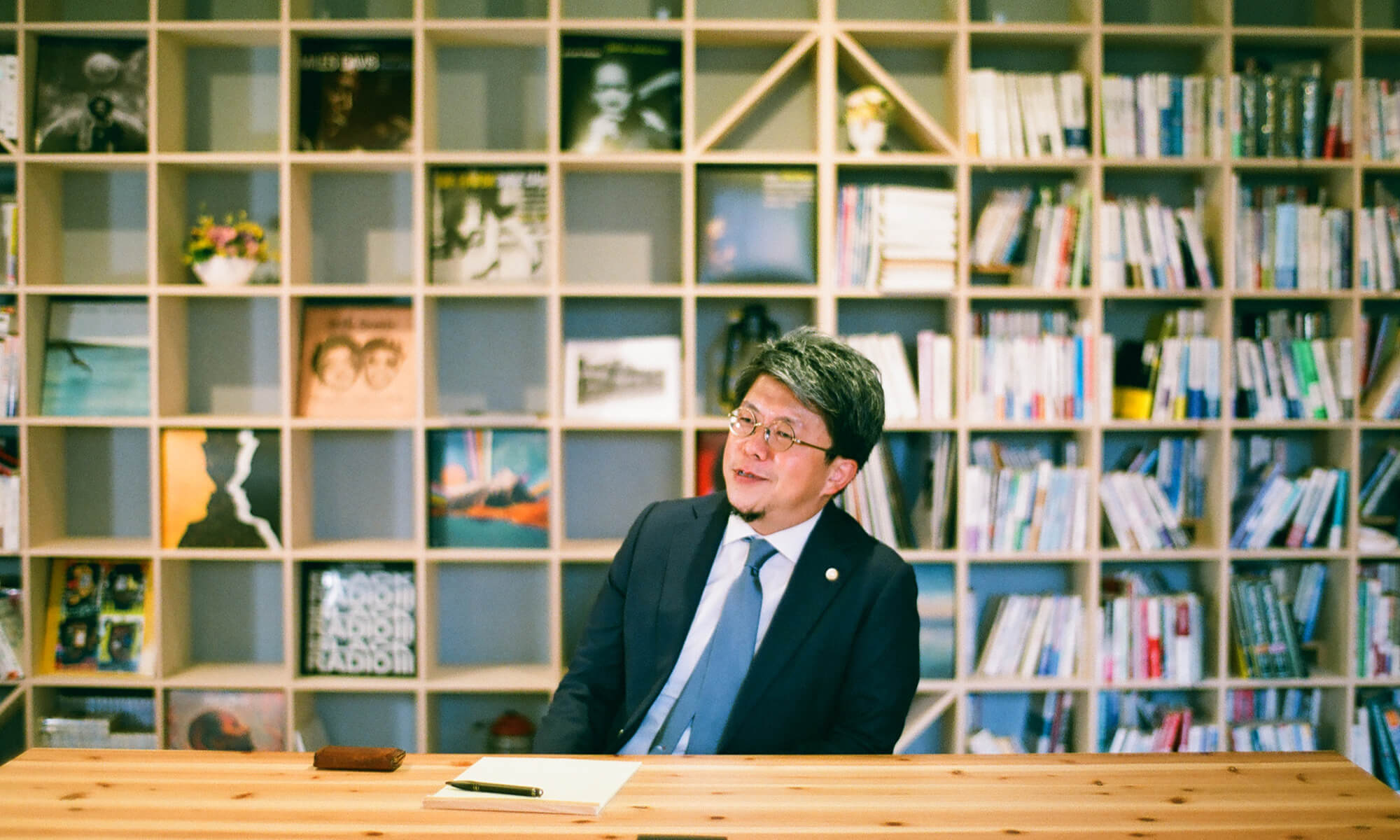
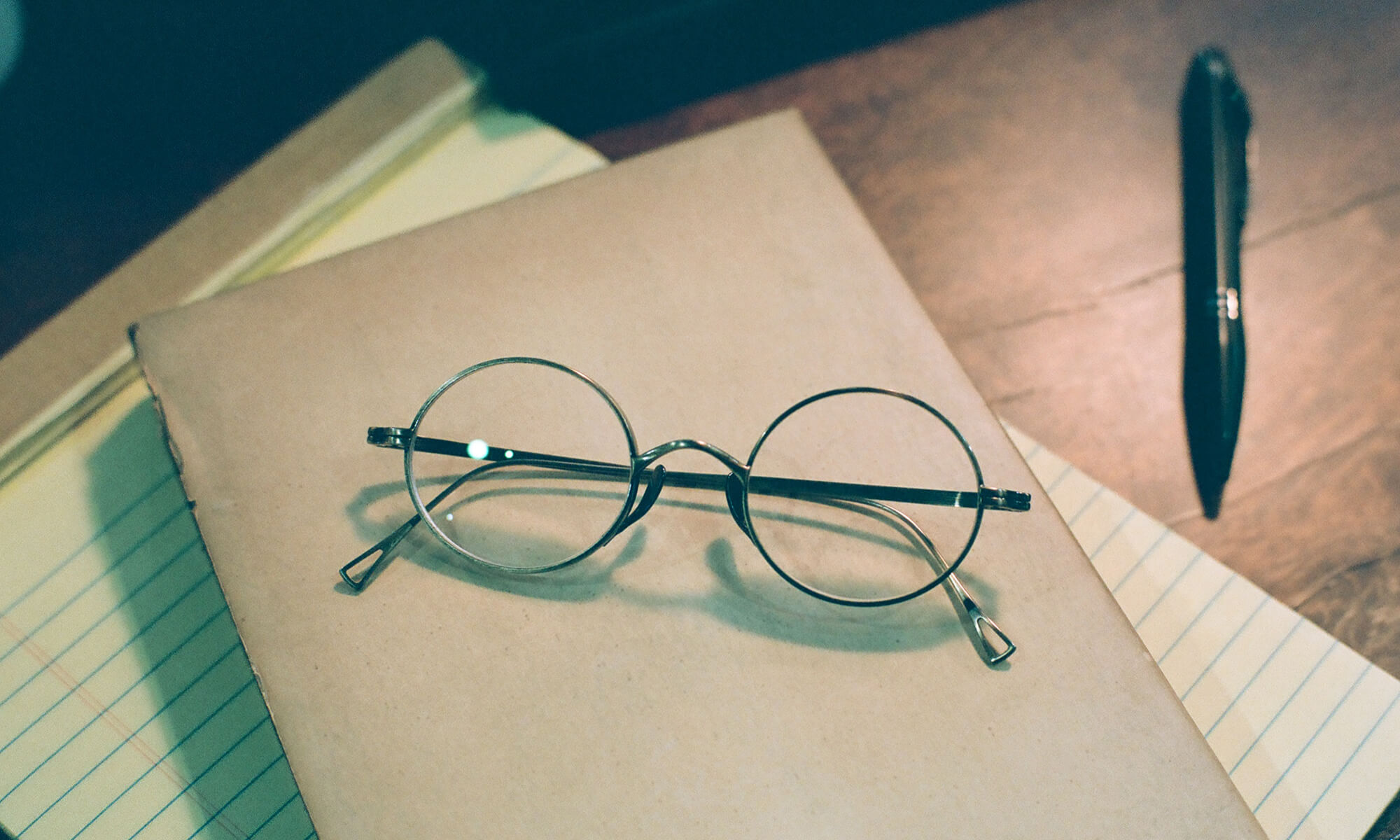
No.99(AG)
Lawyers examine the facts and present them in court. To get more people to agree with those facts, and ensure their perception is correctly acknowledged. But it’s not enough. In the end, facts are just one part, and you have no choice but to pile them up, and when you do so, it becomes a story somehow. That's why I'm quite conscious of what kind of facts to build into a story. Somehow, I feel I no longer have legal knowledge. Of course, on the other hand, we also have a solid discussion about the law, but I think it's a two-sided approach. And even with that, the things I talked about today may matter a lot in my daily work.
